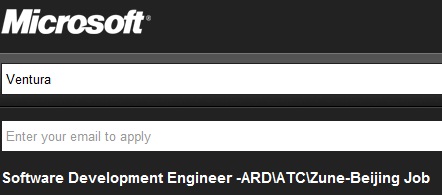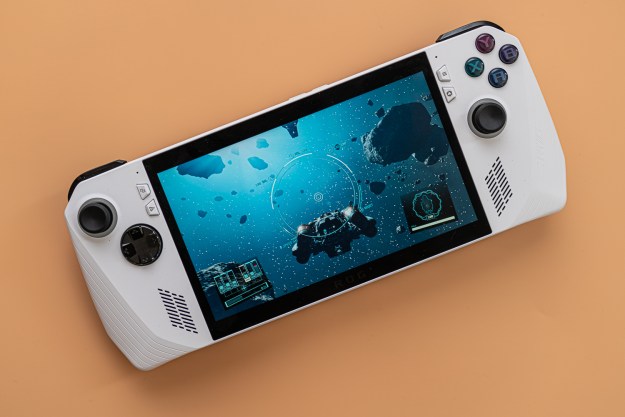 According to some investigating over at ZDNet, Microsoft appears to be planning a large-scale music and video generator. The project is currently codenamed “Ventura,” and it could be the successor to the social platform that never got off the ground with Zune.
According to some investigating over at ZDNet, Microsoft appears to be planning a large-scale music and video generator. The project is currently codenamed “Ventura,” and it could be the successor to the social platform that never got off the ground with Zune.
The report says that Ventura is similar to Pandora in its content discovery aspect, and that it will “include recommendations, ratings and comments.” Just to refresh your memory, Zune had its own online social platform which generated music suggestions based on what your friends were consuming. You and your contacts could share this music and hypothetically enter into a dialogue about it using comments and recommendations. The catch? You had to own a Zune. The PMPs never reached their projected popularity and thus neither did its social service.
There have been persisting rumors that Zune is on its way out and Microsoft is looking to find a way to keep its services alive. Remember Microsoft said it is not yet killing off the device, but has sort of tip-toed around what’s precisely happening to Zune.
Of course Ventura could be much more than simply a music and media service revolving around PMPs or desktop listening. A cloud multimedia service has few limits, and it seems natural that Microsoft would extend the application to TV streaming and mobile devices – namely, Windows Phone 7, which could use all the feature additions Microsoft can throw at it.
A job posting for the Ventura project reads it’s looking for “services and experiences revolving around music/video discovery and consumption,” which is what generally all music and media sites are being built around. As Sony continues to increase its Qriocity efforts and Spotify-US rumors persist, Ventura could be up against some formidable competition. But it also means that there will be more and more alternatives to iTunes, which is good for consumer interest as well as publishers, most of whom still haven’t warmed Apple’s publishing terms and general control of the digital media purchasing process.
Whether or not Ventura will come to fruition remains to be seen, but one thing’s for sure: Pandora definitely had the foresight to go public when it did. Sure, it’s a different type of service that focused on music only and found a strong following, but it would have struggled to profit amidst what will hopefully be high-quality competitors.


